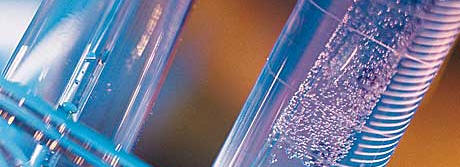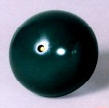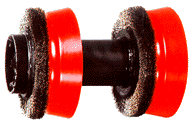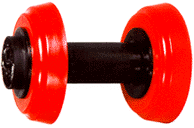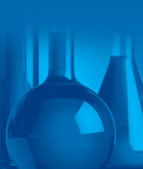
|
Eugene Dakin Ph.D., P.Chem Professional Chemist |
|
|
|
|
Pigging Why is a section on pigging placed in the Chemistry section of your website? Pigs and Pigging are very important to the industrial chemist. Although Pigs are able to decrease the potential of corrosion and plugging of pipes, you would not be able to pig often enough to keep up with solids deposition or corrosion rates. Chemistry and pigging are equal and cooperative partners in the areas of industry. After all, even pigs are manufactured out of chemicals. What are pigs? Pigs are spheres or other circular devices that are used to clean, separate, or apply material from/to pipelines. Pigs enter one end of the pipeline and exit at the other end. Chemicals are typically placed in between two pigs at the beginning of the run, perform the required work during the run, and exit at the end of the run.. There are many thousands upon thousands of different types of pigs and configurations available. Here are a few general examples: Sphere Pig Steel Mandrel Pig Mandrel Cup Pig
Other types of pigs include: Cup, Disc, Brush, Scraper to name a few. Pipeline treatment with both chemicals and pigging are usually much more effective than chemicals on their own. Pigging ensures that the chemical is placed along the entire length and circumference of the pipeline. Corrosion inhibitors, paraffin inhibitors, asphaltene dispersants, and other chemicals must be in physical contact with the pipeline material to be effective. |
|
| © 2006 - Eugene Dakin -
|
